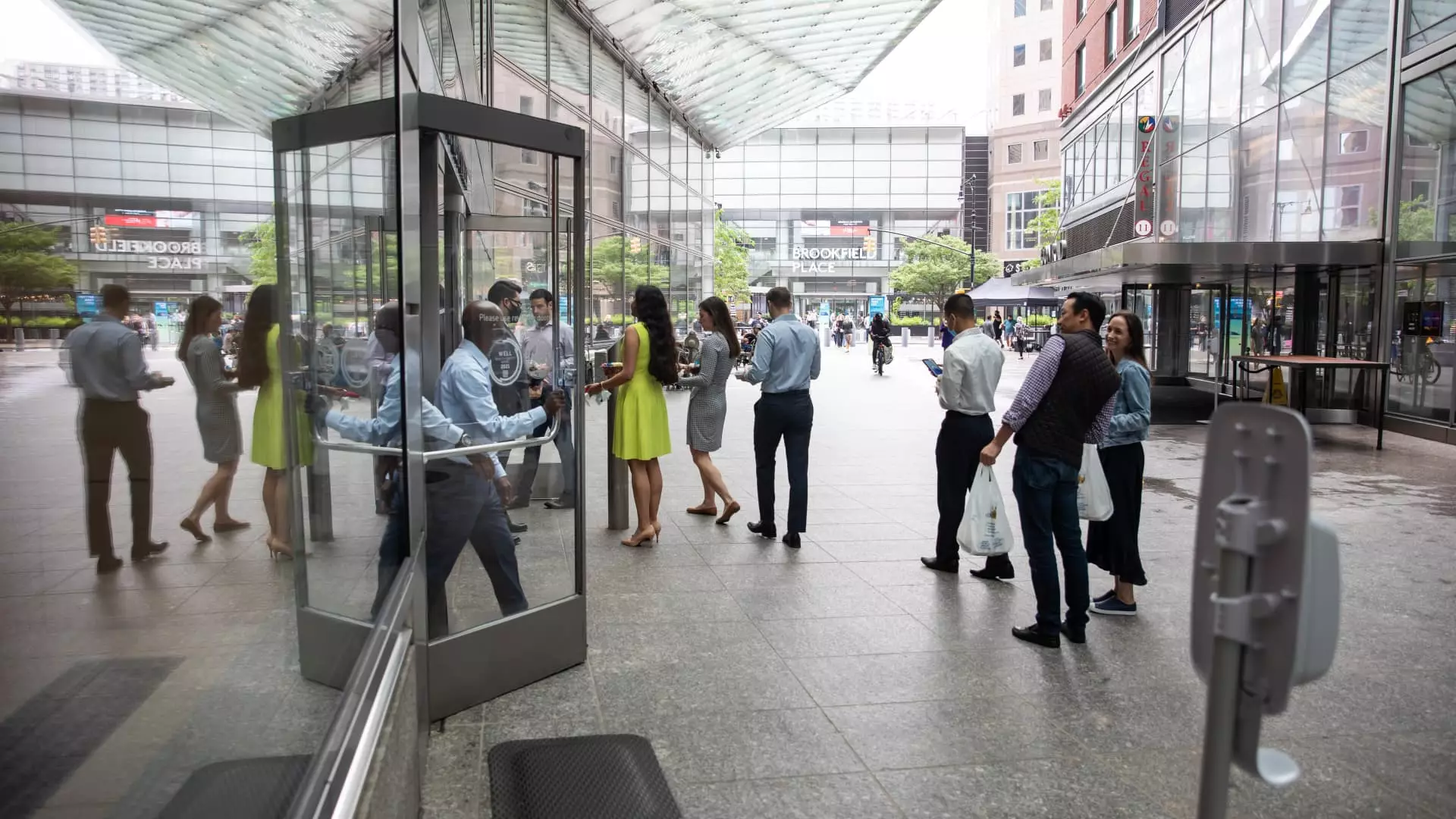The atmosphere among America’s business elite is thick with apprehension as a staggering 62% of chief executives surveyed anticipate a recession soon. This belief marks a significant leap from 48% expressed just a month prior, according to a recent analysis by Chief Executive, a prominent authority in corporate insights. What’s becoming abundantly clear is that uncertainty has taken a firm grip on the hearts of these business leaders, leading them to predict dire prospects for the economy. This survey serves as a barometer, revealing not only a shift in sentiment but also raising vital questions about the resilience of American business in the face of looming threats.
The Worrying Trend of Declining Confidence
In the survey, conducted in April, both the indicators and the underlying data suggest a worrisome trend. The CEOs’ index of current business conditions dropped an alarming 9%, continuing a troubling pattern that saw a 20% decline in the previous month alone. The current readings are reminiscent of the bleak outlook observed during the initial days of the pandemic in 2020. This stark contrast to the confidence levels enjoyed just a short while ago raises significant concerns about the sustainability of American enterprise. How can these leaders formulate long-term strategies when their vision for the economy appears clouded by impending doom?
Dread Over Tariffs and Rising Costs
At the heart of this corporate anxiety lie the tumultuous trade policies under President Donald Trump. His erratic stance on tariffs has not only stirred volatility in the stock market but also incited panic among consumers and businesses alike. A striking 75% of the CEOs surveyed stated that forthcoming tariffs would have adverse effects on their operations by 2025. Furthermore, approximately 66% expressed opposition to the very tariffs that have been generating so much upheaval, many of which remain in limbo. The unpredictability surrounding these tariffs is fueling concerns about escalating costs. With over 80% of executives predicting this spike in expenses, the fear that half of them will face double-digit increases becomes a glaring reality.
Profitability and Future Expectations
The tide of fear is also evident in projections regarding profitability. Only 37% of CEOs believe their companies will see increases in earnings, a shocking drop from 76% who held a similar view at the beginning of the year. These dwindling expectations connect to a broader narrative: when business leaders lack confidence in their own profitability, it sends ripples across the economy, affecting employment, investment, and consumer spending. Yet, recent data reveals a glimmer of positivity, with slightly more than half of the executives expressing hope for improved business conditions in the following year, highlighting the tenuous balance between despair and optimism.
The Broader Economic Landscape
Suggestions of a weakening economic foundation are echoed by industry titans like Jamie Dimon of JPMorgan Chase and Larry Fink of BlackRock. Dimon’s expectations for declining earnings from S&P 500 firms reflect the degree to which uncertainty permeates corporate planning. Meanwhile, Fink’s warning that the economy may already be on a trajectory towards negative growth reinforces the troubling reality facing American businesses. With substantial leadership voices sounding alarms, it becomes increasingly difficult for investors and consumers to maintain faith in economic stability.
A Divided Optimism
Despite the prevailing fears, a small faction of optimism persists among certain leaders. The announcement that smartphones and PCs would be temporarily exempt from tariffs provided a brief reprieve, hinting that some relief may be on the horizon. This sentiment, though welcomed, needs to be viewed with caution. The powers that be must recognize that such exemptions are precarious and offer no guarantees for fostering long-term economic stability. Businesses thrive on predictability, and as long as this uncertain environment prevails, genuine recovery will remain elusive.
The current mood among America’s CEOs speaks volumes: the dread of impending recession not only signals instability in corporate America but hints at larger systemic issues that could take years to remedy. As political maneuvering influences economic foresight, the need for stable leadership and coherent policy becomes increasingly urgent for restoring faith and fostering growth in the American economy.


Leave a Reply